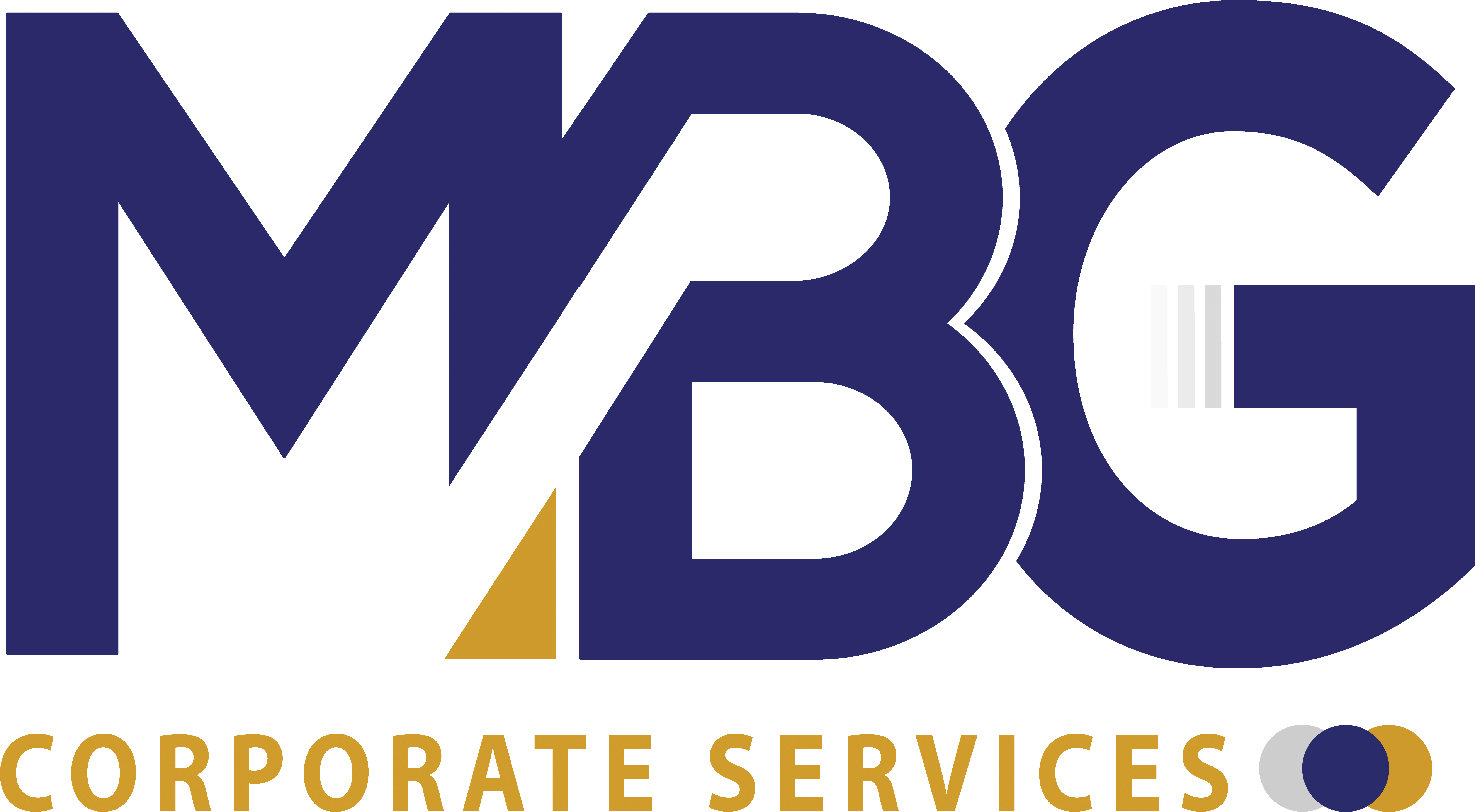Transparent Taxation – Honouring the Honest Platform

Summary
- The Prime Minister of India formally launched “Transparent Taxation – Honouring the Honest” Platform on 13 August 2020 to provide a transparent, effective, and efficient tax system. It includes the Faceless Assessment, Faceless Appeals, and Taxpayers’ Charter.
- The Central Board of Direct Taxes (CBDT) issued Notification no. 60/2020 and 61/2020 dated 13 August 2020 to amend the “E-assessment Scheme” notified earlier. “E-assessment Scheme” has been renamed as the “Faceless Assessment Scheme” (Scheme).
- Taxpayers’ Charter highlighted various rights of the taxpayer such as expecting fair, impartial, treatment, certainty, assistance and information from the Tax Department, the privacy of data, maintaining confidentiality, collection of the correct amount of tax and timely decisions, etc. It also mentioned the obligations of the taxpayer such as taxpayers should be honest, compliant, informed, provide complete information, and pay taxes on time.
Detailed
- The Central Government was empowered by the Finance Act, 2018 to notify scheme for electronic assessment so as to impart greater efficiency, transparency, and accountability by:
a. The elimination of interface between the Tax Authority and the Taxpayer to a possible extent;
b. The optimization of utilization of the resources through economies of scale and functional specialization;
c. The introduction of a team-based assessment with dynamic jurisdiction.
- The electronic assessment scheme was launched in 2019. The Finance Act 2020 introduced provision for enabling the Central Government to frame a scheme for conducting faceless appeal and empowering the CBDT to adopt and declare a Taxpayers’ Charter.
- A “Citizen’s Charter” was published on 29 April 2014 which briefly provides the mission and vision of the tax department, rights, and expectations from the Taxpayers.
- The “Transparent Taxation – Honouring the Honest” platform launched on 13 August 2020, incorporate the following:
b. Faceless Appeal;
c. Taxpayers’ Charter.
- The CBDT withdraws the power to conduct survey proceedings from the “Jurisdictional Tax Authority” and confers exclusive authority to the specified Tax Authority to conduct the survey.
Faceless Assessment
- With effect from 13 August 2020, all assessment orders are to be passed under the Scheme only except in cases where assessment orders are assigned to central charges or international tax charges.
- Any assessment order passed from 13 August 2020 onwards which is not in conformity with the Scheme shall be treated as non-est and shall be deemed to have never been passed.
- Best judgment assessment proceedings can also be concluded under the Scheme in addition to regular assessment proceedings. The Scheme provides for the procedure for best judgment assessment, including providing for a specific opportunity to the taxpayer.
- Amendment extended the Scheme to all ongoing assessment or reassessment proceedings which are being carried on by the jurisdictional tax authority, in addition to the regular assessment proceedings for a limited class of taxpayers to whom statutory notice was issued under the Scheme. Migration to the Scheme shall be effective upon intimation to the taxpayer and proceedings will be concluded in a faceless manner as per the Scheme.
- A Draft Assessment Order (DAO) is to be passed by the Assessment Unit (AU) for all cases. Thereafter, the National e-Assessment Centre (NeAC) is to decide whether DAO requires review on the basis of certain risk parameters. If so, the DAO is transferred to the Review Unit (RU) for review. If the RU provides some modifications to the DAO, NeAC has to forward such suggestions to a different AU, other than the AU which was involved in draft assessment proceedings. Such an assignment of work will be undertaken through an automated allocation system. This will introduce one more level of screening of the DAO.
- The NeAC is authorized to shift assessment proceedings to the jurisdictional tax authority at any stage of the proceedings, if considered necessary, only after prior approval of the CBDT.
- The Scheme provides for all communications under the Scheme between NeAC and the taxpayer or amongst the different units, inter se, to be mandatorily only through electronic mode. In some cases, the Verification Unit can conduct physical verification. These circumstances are to be specified by the NeAC with the approval of the CBDT.
- The communications under the Scheme by a taxpayer who is required to furnish tax return using digital signature are to be authenticated only using a digital signature. However, other taxpayers will have an option to use digital signature in case available or electronic verification code for authentication of documents exchanged under the Scheme.
- NeAC is authorized to provide the circumstances under which video conferencing facility for personal hearing on demand shall be allowed to the taxpayer with prior approval of the CBDT.
Faceless Appeal
- The Finance Act, 2020 has introduced a new provision to enable the Central Government to frame a scheme for conducting faceless appeal proceedings before the First Appellate Authority, so as to impart greater efficiency, transparency and accountability. The provisions related to faceless appeals shall be on similar lines of the provisions for faceless assessment proceedings.
- The scheme for faceless appeal proceedings will be introduced and will be effective from 25 September 2020.
Taxpayers’ Charter
- Rights of the Taxpayer
a. To be treated with fairness and impartiality;
b. To be treated as honest and tax compliant;
c. For certainty;
d. For assistance and information from the Tax Departments;
e. To pay no more than the correct amount of tax;
f. Not to be subject to retrospective taxation;
g. To minimize compliance costs;
h. To be advised and represented by any person on taxation matters;
i. To appeal;
j. To privacy and confidentiality of information;
k. To know what information of Taxpayer is with Tax Authority;
l. For the licit arrangement of Taxpayer tax affairs that minimize the tax liability;
m. To request a payment plan;
n. To complain about the service of the Tax Department.
- Obligations of the Taxpayer:
a. To be honest, compliant and co-operative with the Tax Department;
b. To keep proper records in accordance with the law;
c. To file proper and complete tax documents and effect payments by statutory due dates;
d. To inform the Tax Departments about changes in circumstances;
e. To know your tax responsibilities and the consequences for non-compliance.
Last Updated: 17th August 2020 This article is contributed by: Janardan Singh COO – Direct TaxTag: Government of india, Latest Tax Update, Tax, Tax Updates, Transparent Taxation


